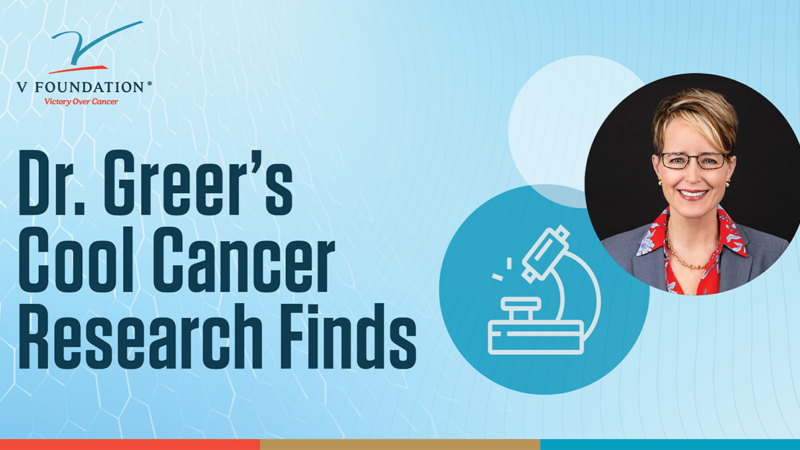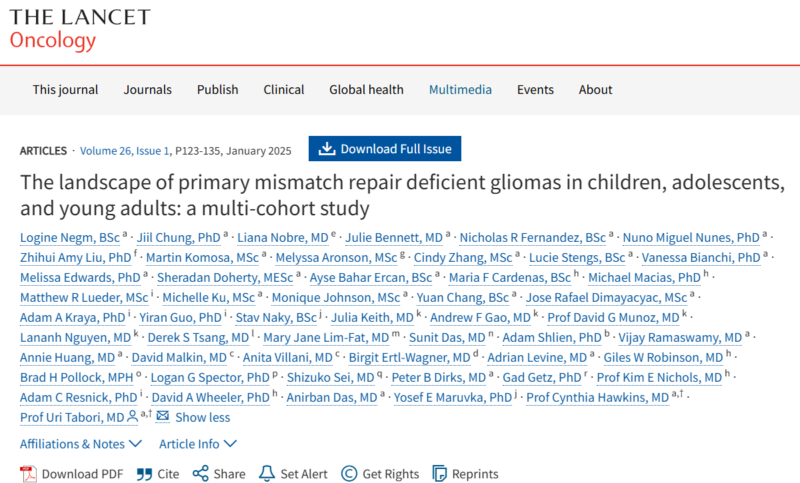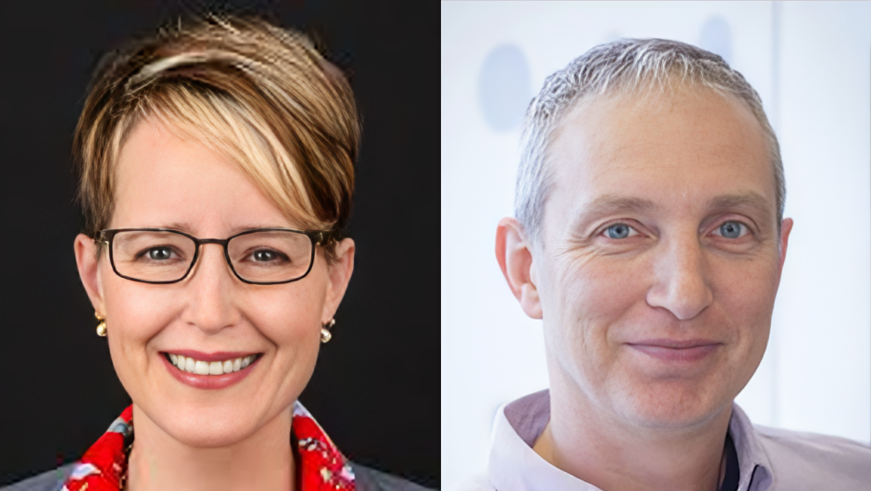Susanna Fletcher Greer, Chief Scientific Officer at the V Foundation, shared a post on LinkedIn:
“Brain tumors are the leading cause of cancer-related death in children, and one of the biggest challenges oncologists face is figuring out why some tumors are incredibly aggressive while while others respond well to treatment. A new study, supported in part by the V Foundation, sheds light on a hidden genetic factor that could change how we diagnose and treat certain brain tumors in young patients.
Dr. uri tabori and team The Hospital for Sick Children found that some children and young adults with gliomas, an aggressive type of brain tumor, have a condition called mismatch repair deficiency (MMRD).
Think of DNA like an instruction manual for cells. Normally, cells have a built-in proofreading system to catch and fix mistakes when DNA is copied. But in patients with MMRD, that proofreading system is broken, meaning errors pile up, making cancer cells grow and change rapidly.
Dr. Tabori’s findings are important because:
- MMRD gliomas are more common than we thought. Many of these patients were never tested for it before.
- These tumors don’t respond well to standard treatments. A common chemotherapy, temozolomide, actually makes them worse.
- Immunotherapy offers hope. Unlike chemotherapy, which relies on DNA damage, immune-based treatments seem to work better for these tumors.

- These findings really matter for patients and families:
Knowing whether a child has MMRD can make a huge difference in their treatment plan. Instead of wasting time on treatments that won’t work, oncologists can turn to more effective options, ones like immunotherapy, much sooner. Plus, because MMRD can be inherited, testing can help identify family members who may also be at risk for certain cancers, allowing for earlier intervention.
The V Foundation is committed to funding groundbreaking research like Dr. Tabori’s that leads to real-world improvements in cancer treatment. This study is a perfect example of how genetic discoveries can translate into better care for children with brain cancer. By supporting innovative science, our researchers are helping oncologists everywhere personalize treatments and give more kids a fighting chance.
Find the Tabori lab and read this awesome paper.”

The landscape of primary mismatch repair deficient gliomas in children, adolescents, and young adults: a multi-cohort study.
Authors: Logine Negm, et al.



